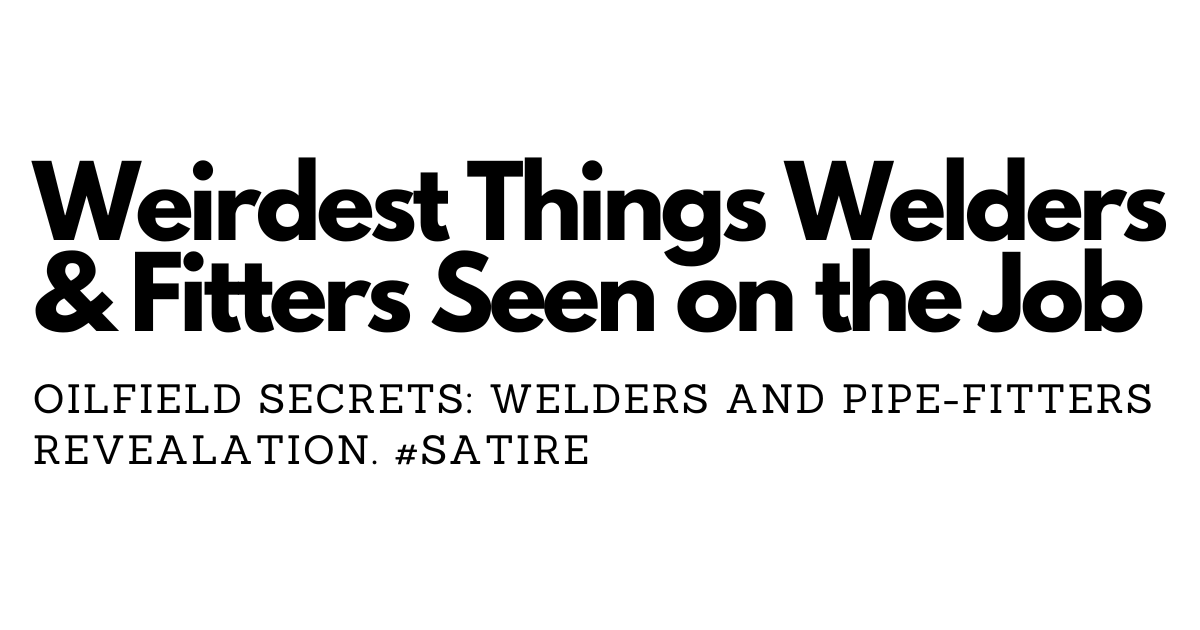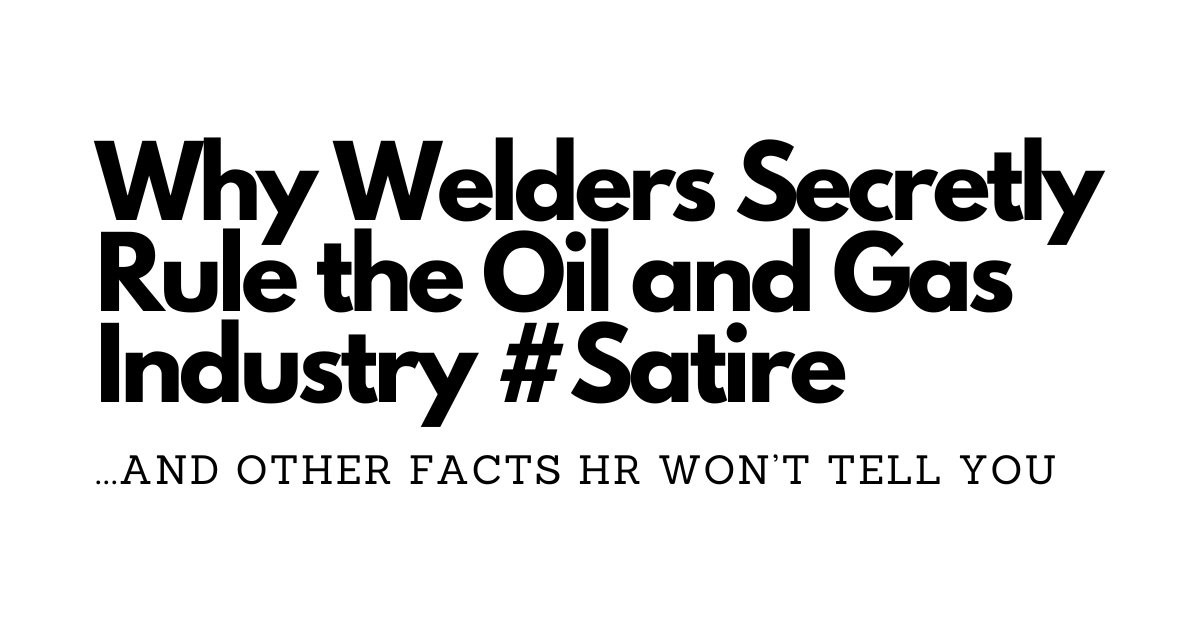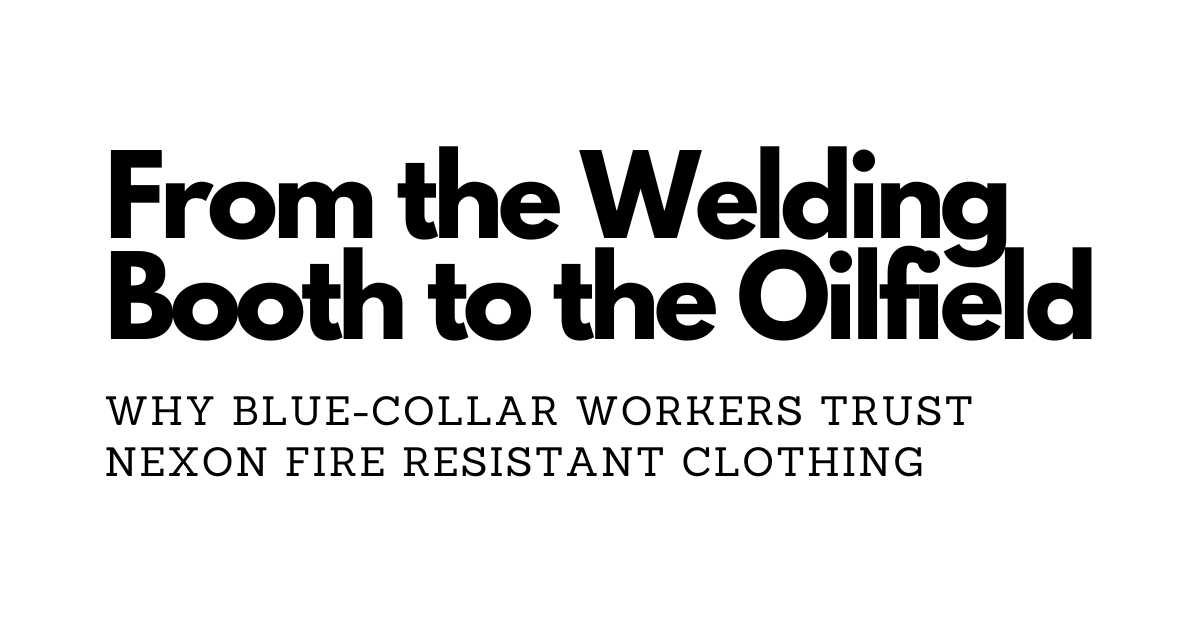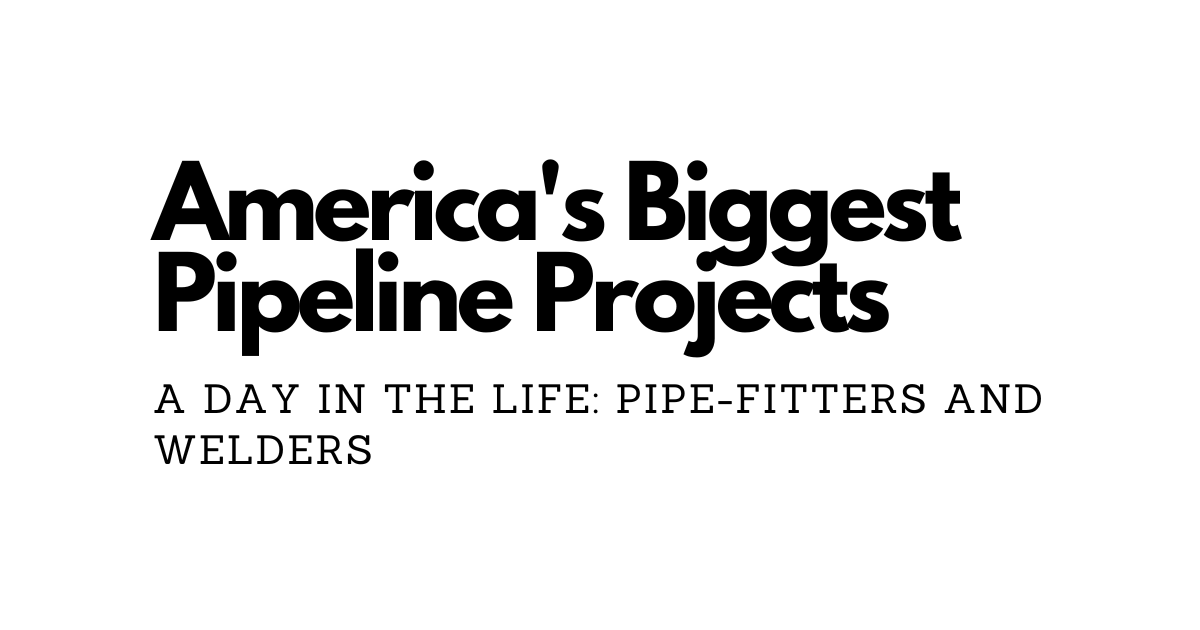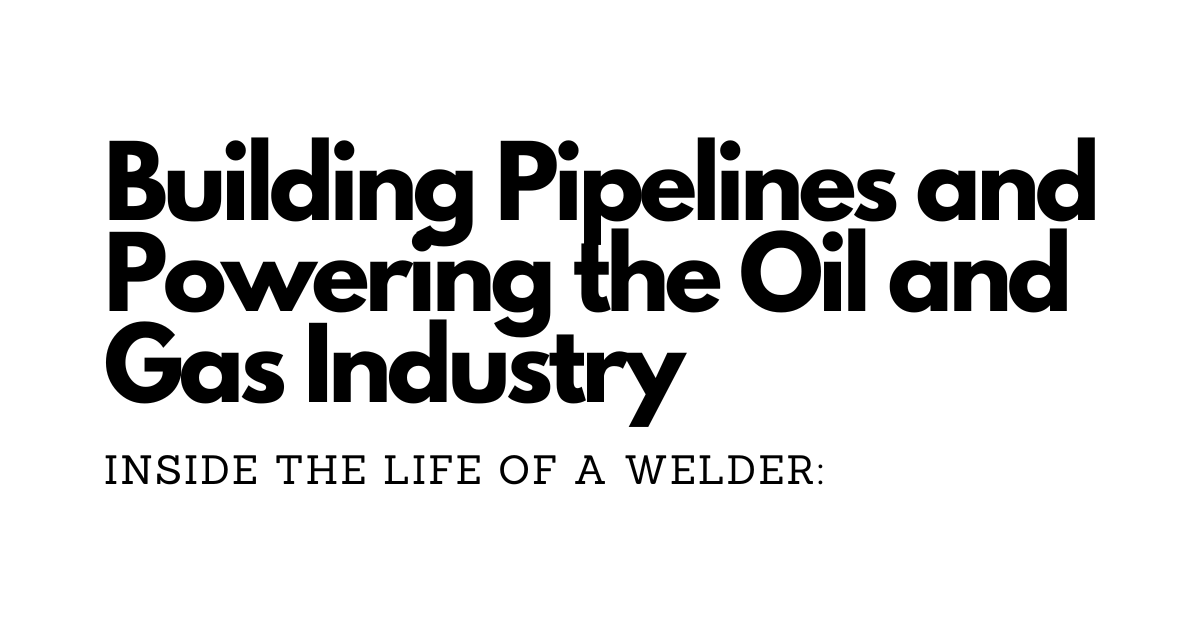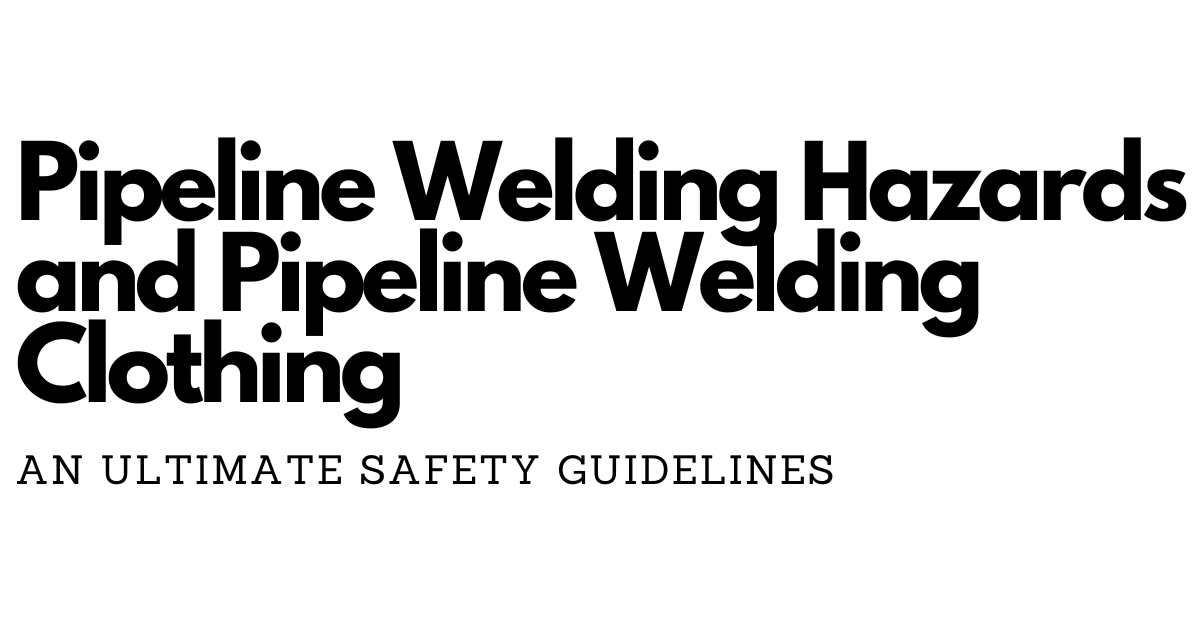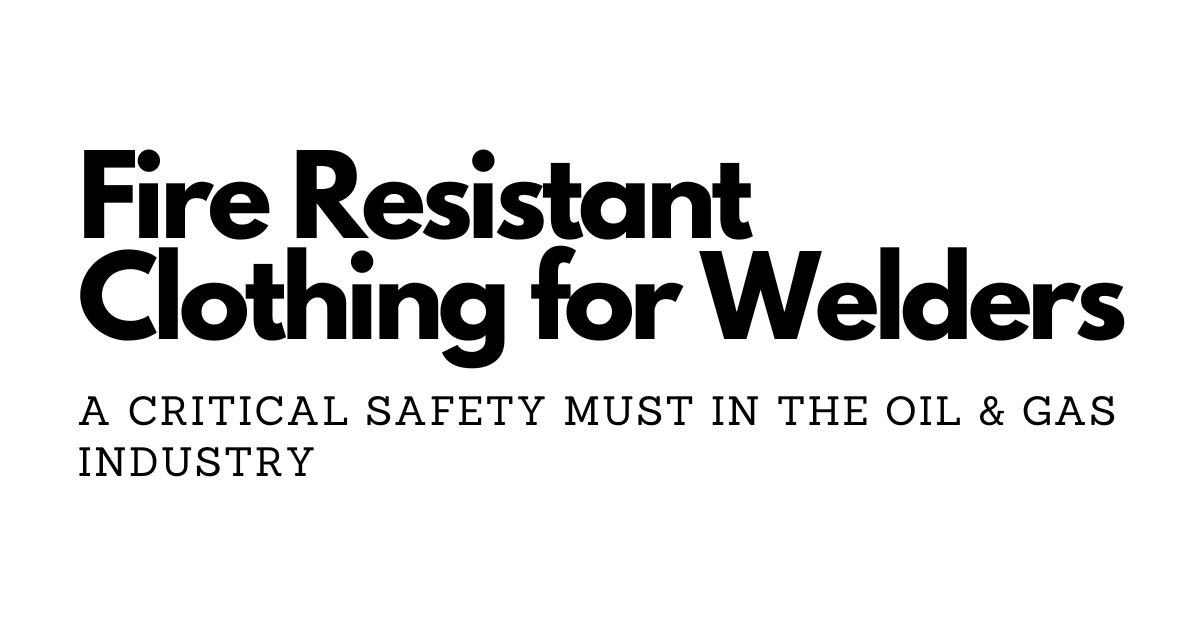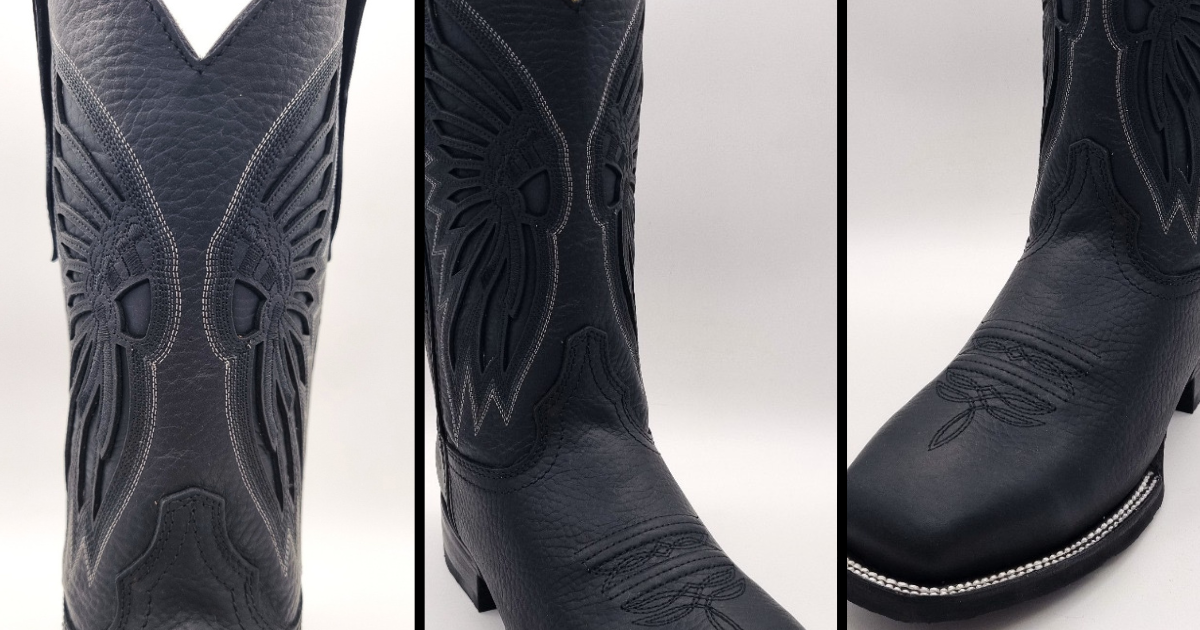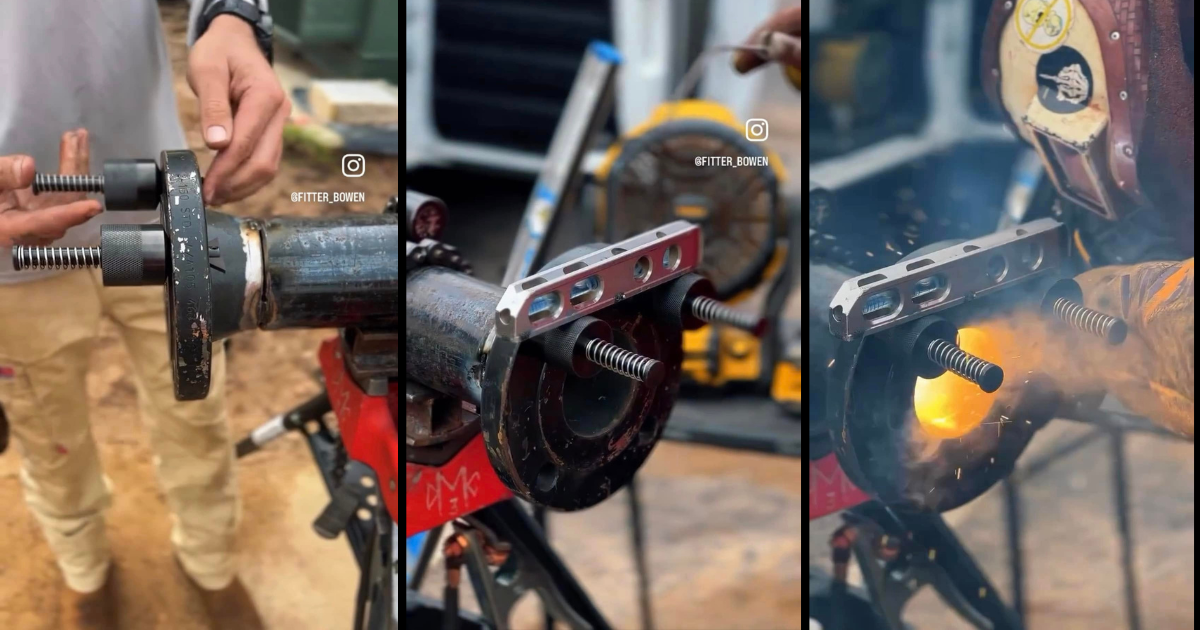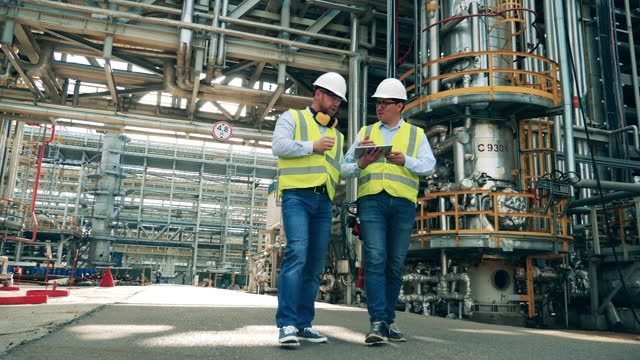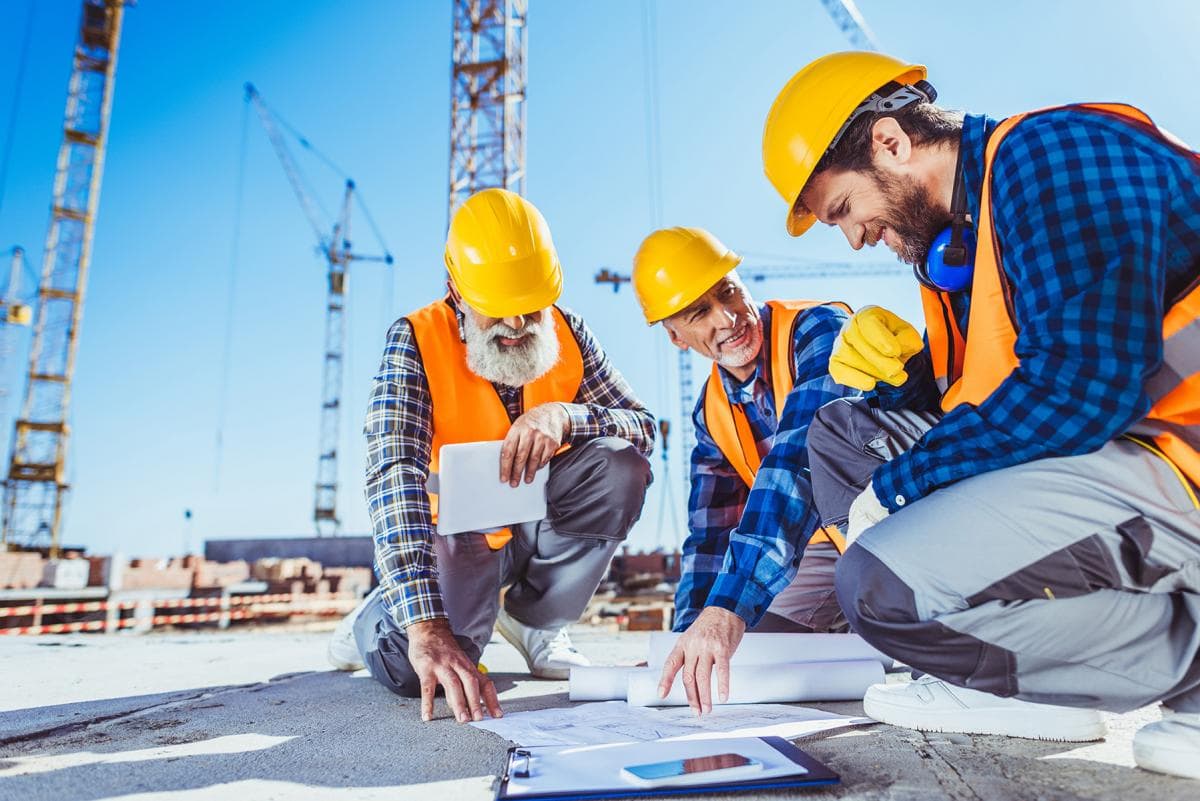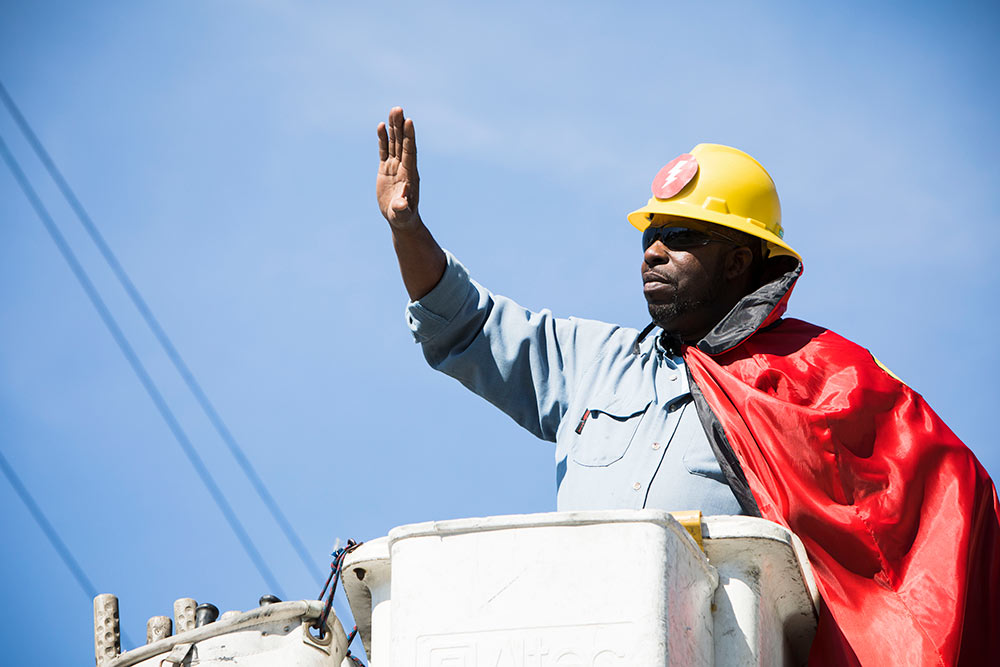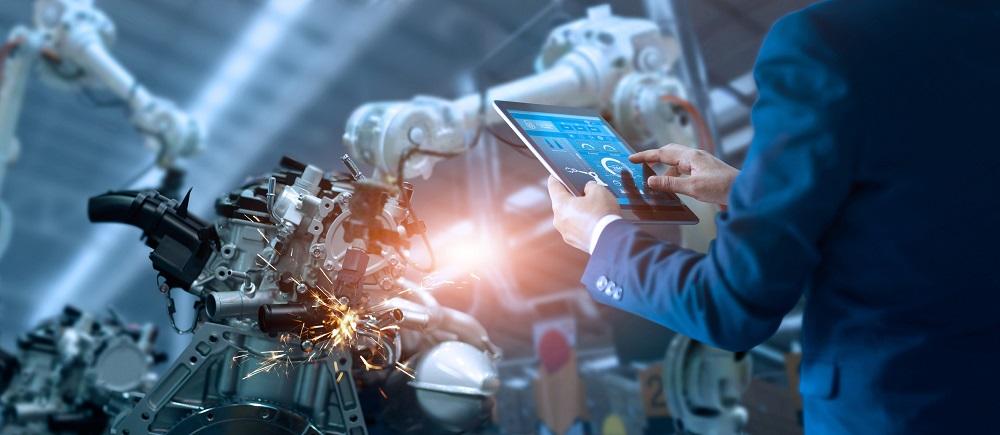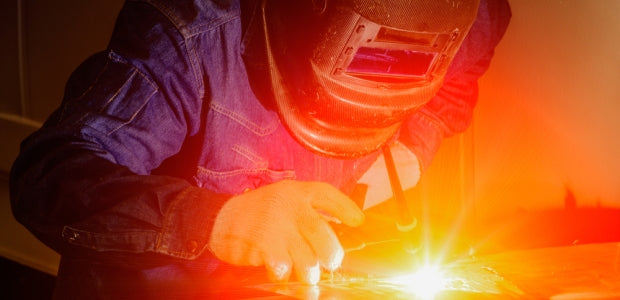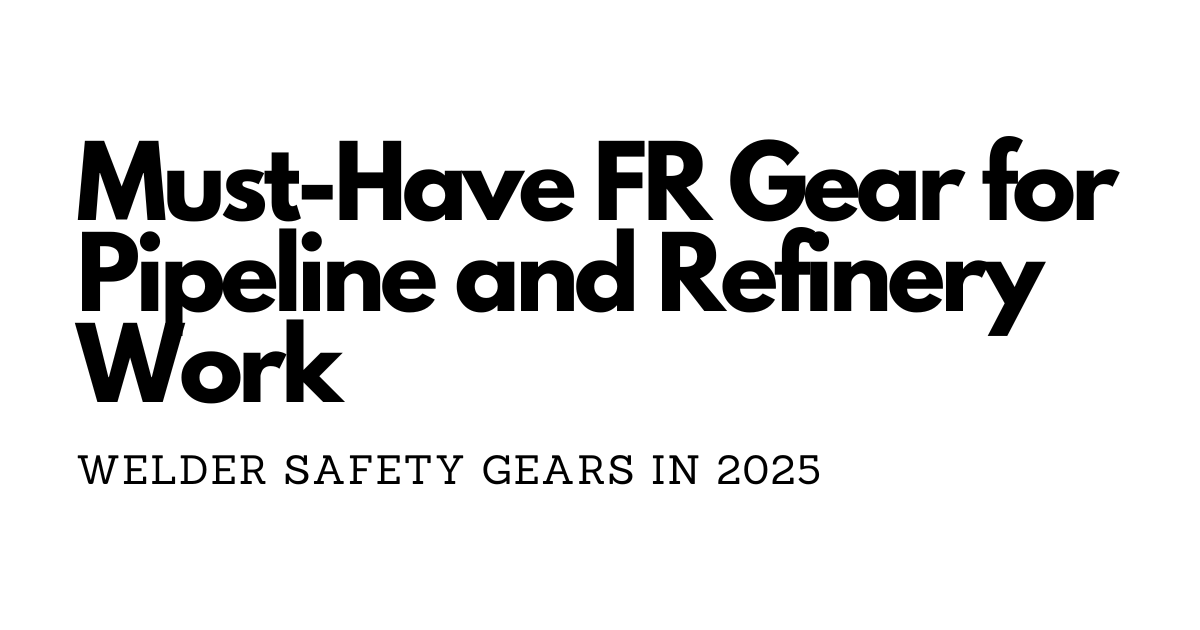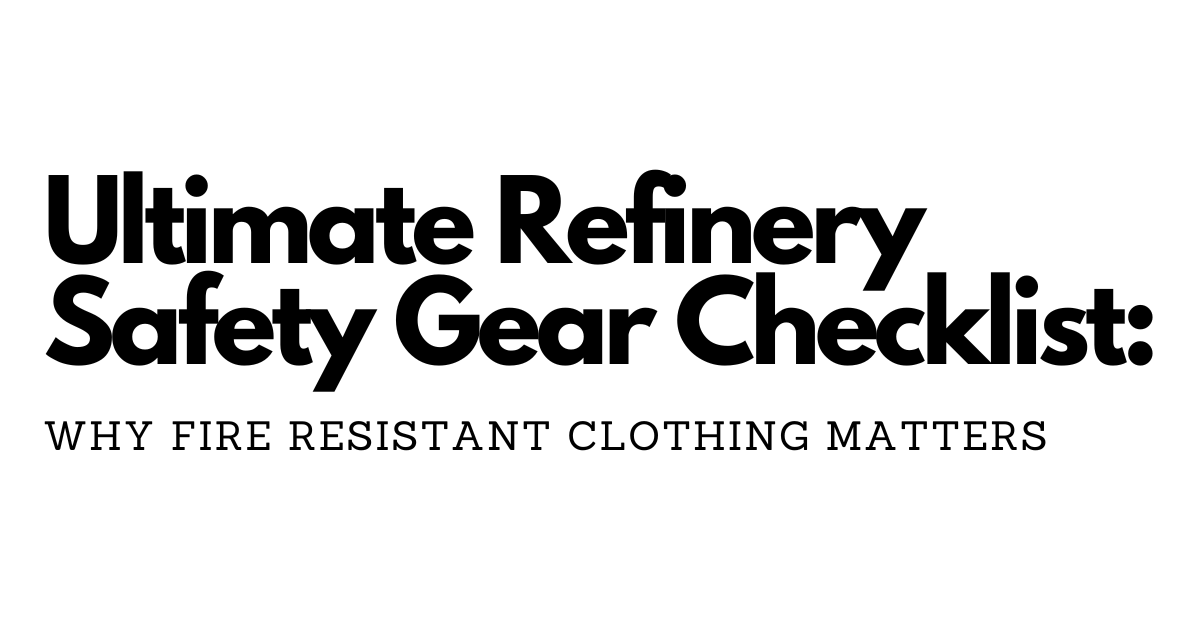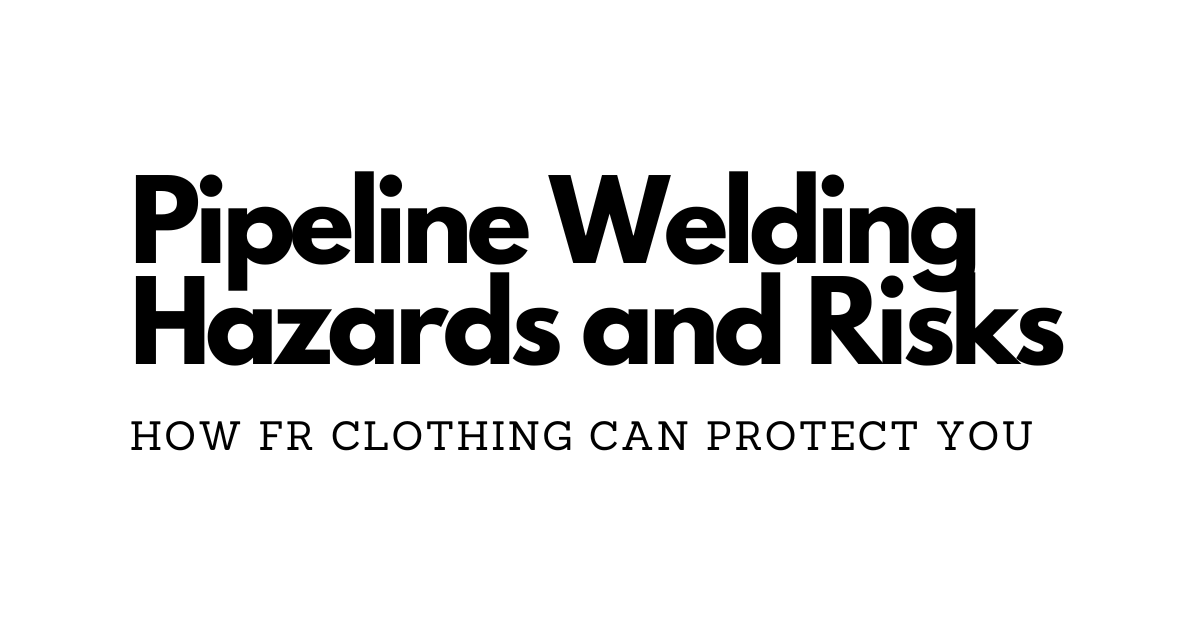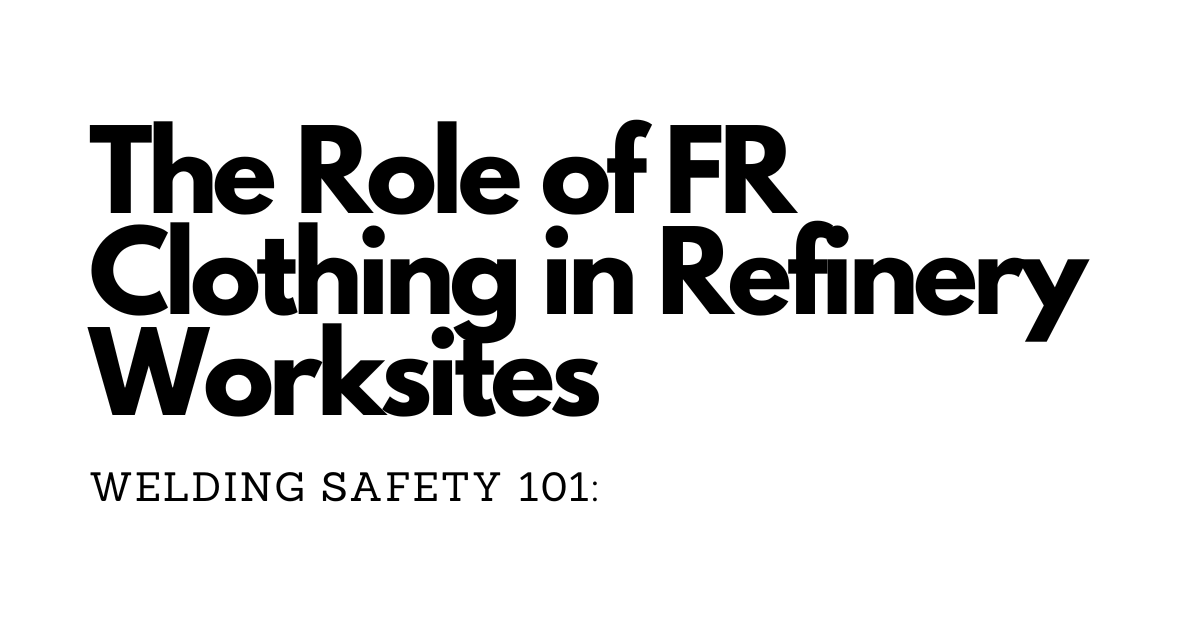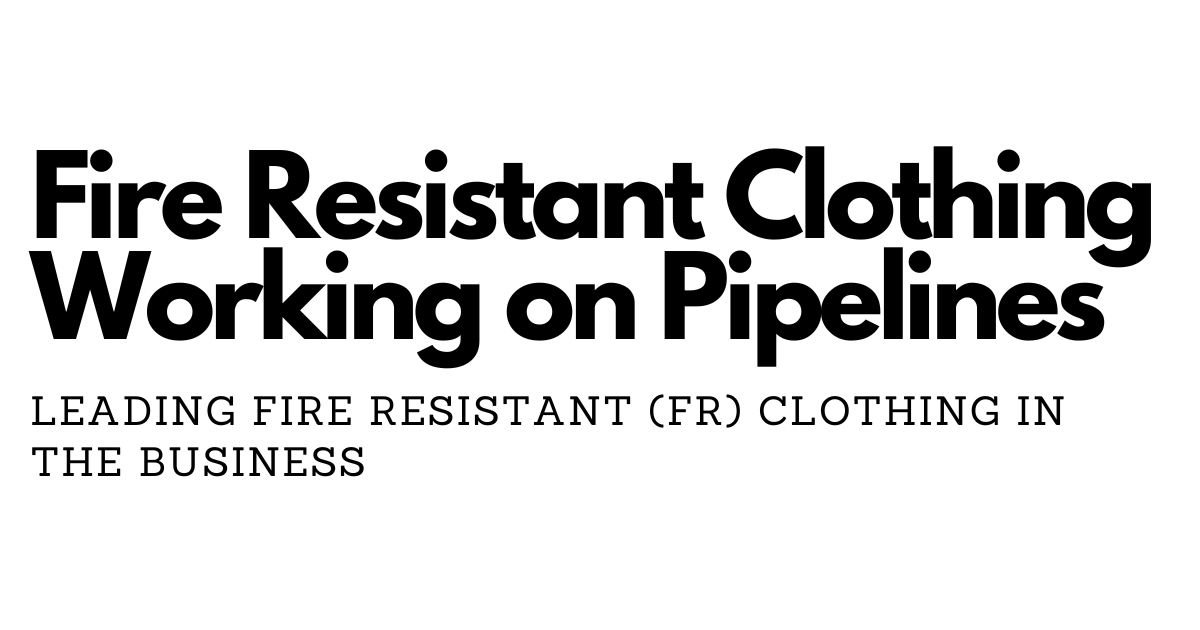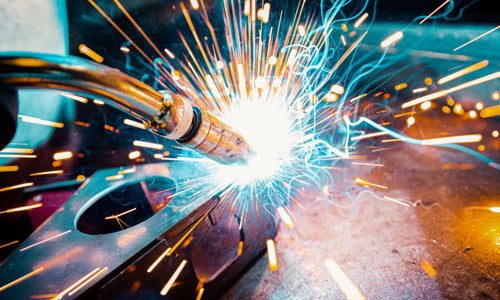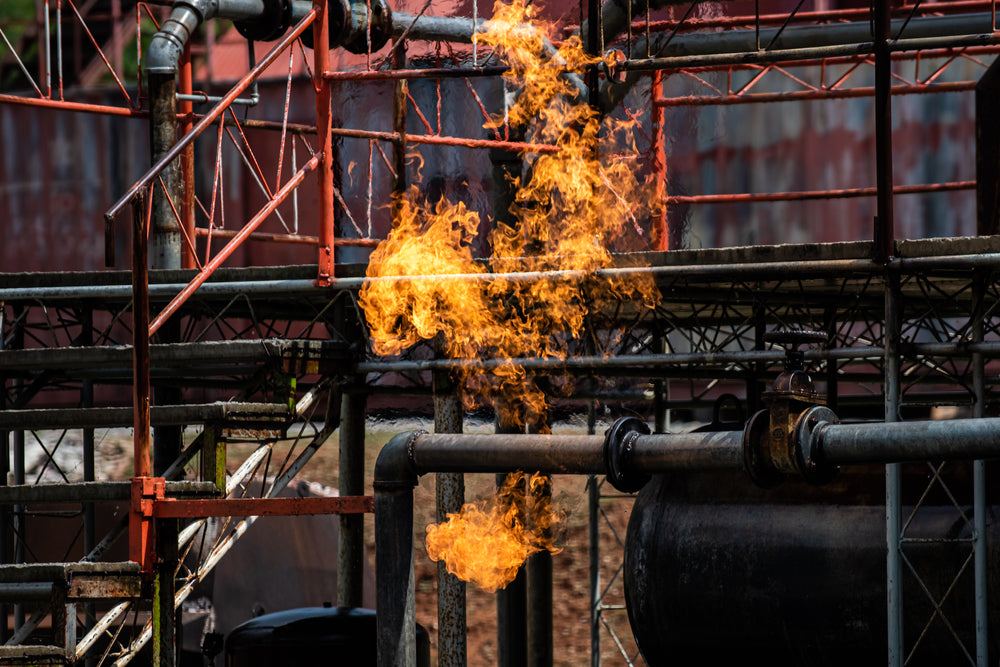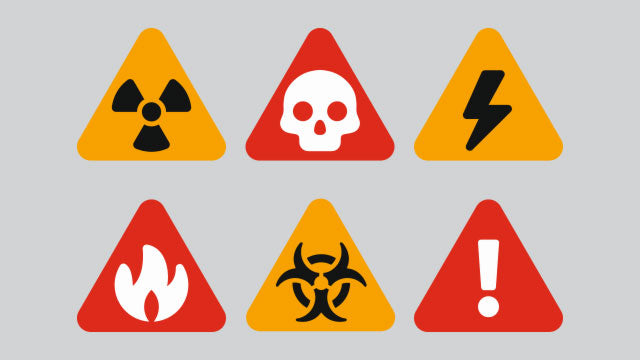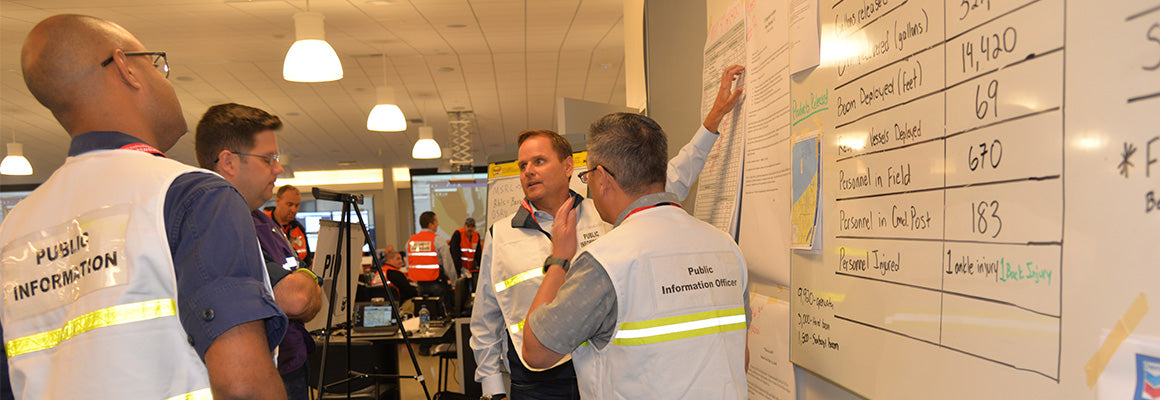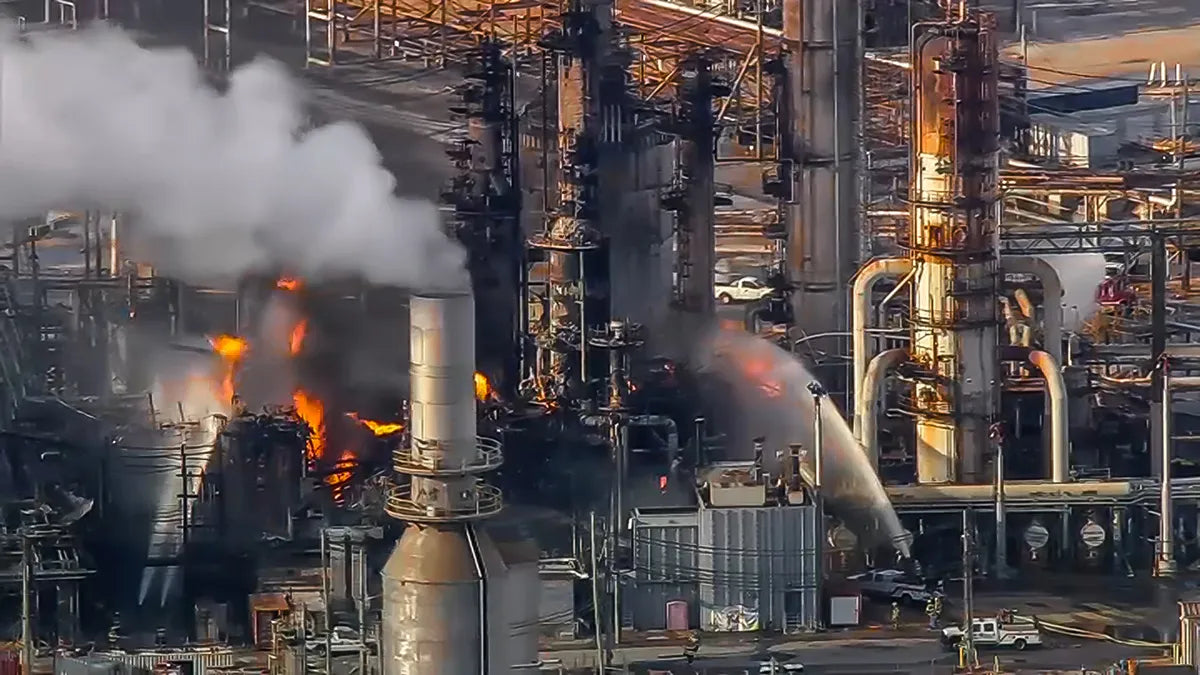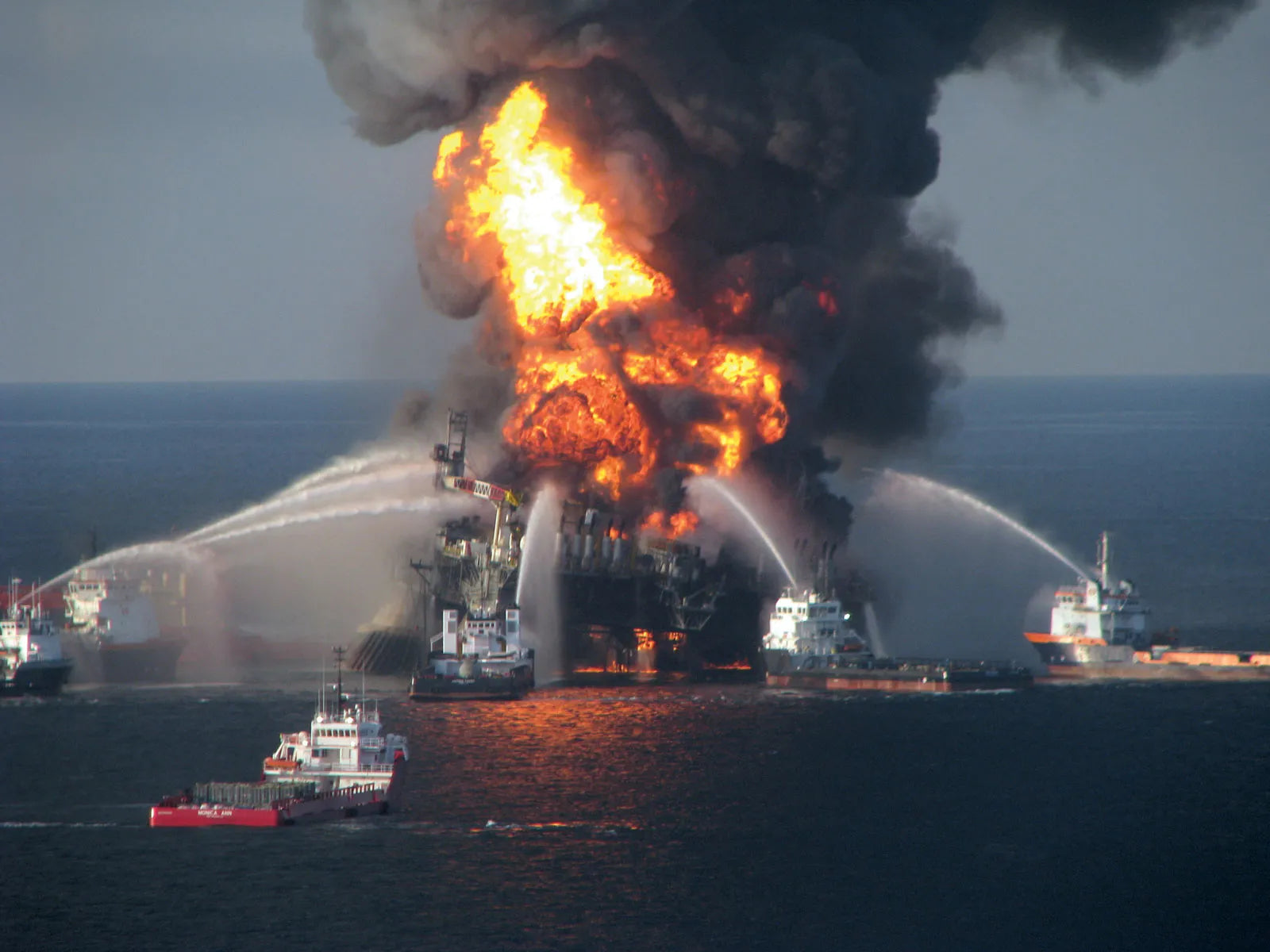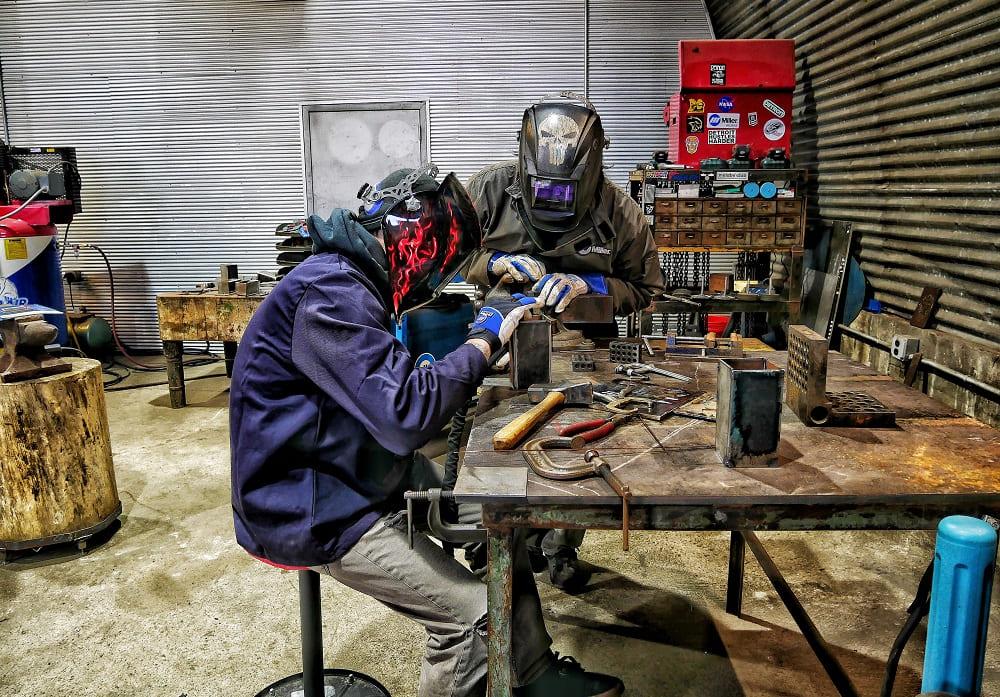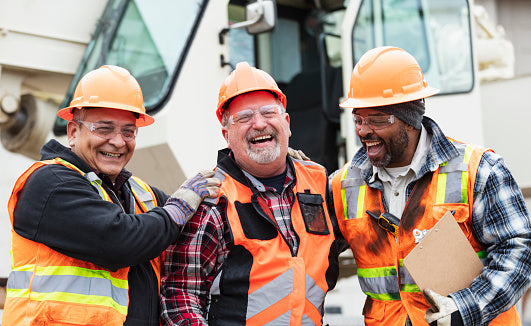

Engineering, construction, and building materials play an essential role in recovering communities and the economy after the pandemic. From delays in material supply to project termination and non-payment procedures, the construction industry has been severely affected by the coronavirus pandemic. Before COVID-19, construction companies enjoyed one of the most extended business cycles in recent memory. Even if it is too early to know how long the recession will last, it may be inevitable. To survive the pandemic, do the following:
Cash flow: During a recession, cash flow reaches or destroys contractors and suppliers. Construction companies need to be rewarded for the work they have done and accumulate as much cash as possible to survive the coronavirus and the months to come. Even during boom times, paying construction costs can be frustrating and challenging. In this uncertain period caused by the coronavirus, it is more important than ever for construction companies to do everything possible to secure their payment rights.
Prepare for supply chain disruptions: Border closures and travel and transportation restrictions require construction companies to prepare for supply chain disruptions. To anticipate these delays and increase costs, the company needs to identify alternative construction materials and initiate proactive plans to adjust project schedules and contracts accordingly.
Communicate:
- Share the COVID-19 prevention plan with stakeholders.
- Ask the owner or other contractor about the preventive plan.
- Promote and encourage two-way dialogue, especially if someone can be exposed. Identify other sources of cash flow that allow the company to survive for a limited period.
- Training of all employees.
- Contact your accountant, guarantor, bank, or other consultants.
Covid-19 Relief Funding: As COVID-19 continues to push the U.S. economy into recession, construction companies should do everything possible to increase their cash reserves. The Coronavirus Aid Relief and Economic Security Act (CARES) has established many aid programs, including funding for SBA loans and infrastructure projects. Contractors and suppliers should also consider credit lines, invoice factoring, and other options to improve cash flow.
COVID-19 has caused significant losses to communities and businesses, but it is also flexible and creative. Faced with problems and adapting to new challenges, the company has reinvented the way it does business. In this spirit, construction companies can now take steps to pave the way for success in the post-COVID-19 environment. The key is to focus on building a strong, flexible, efficient, and capable of meeting future challenges.
